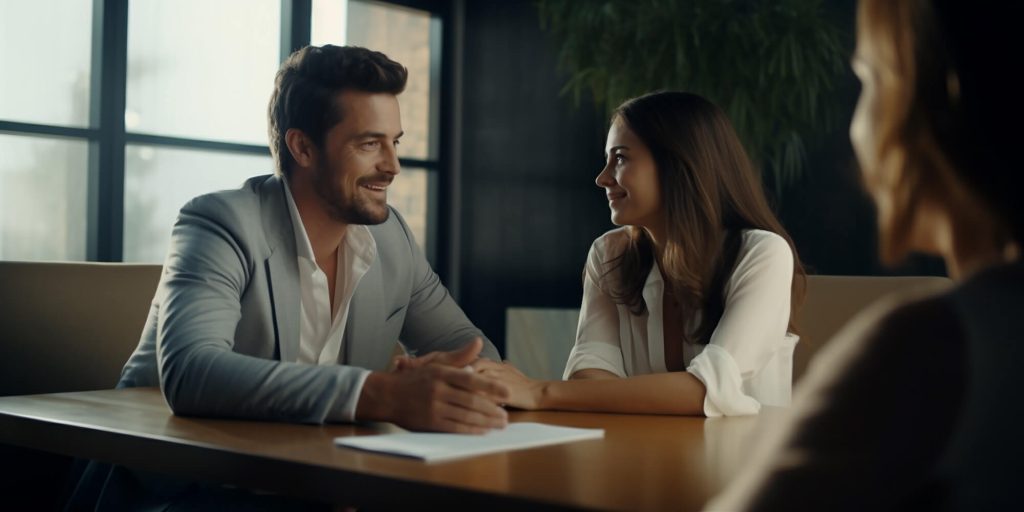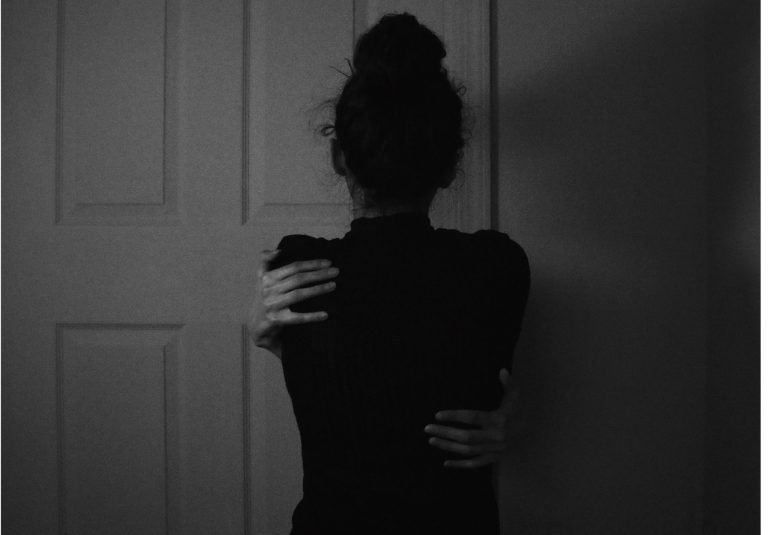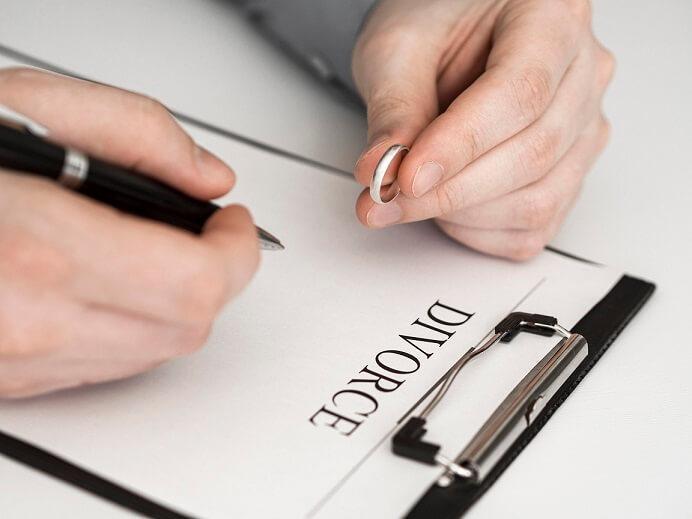Divorce Coaching: What Is It and Does It Work?
Divorce is never easy. Even if living together is unbearable, and the thought of ending the ruined relationship has been with you for a long time, it may still be very hard to make the final decision and put an end to it. Hundreds of questions keep wandering in your mind, making you worry about your prospects, future, children, and possible consequences for everyone involved.
While an experienced family attorney will definitely help you through the complex process and do their best to protect your rights in court, they cannot offer sufficient emotional support to address all the accompanying concerns and ensure your peace of mind. That’s when divorce coaching may be a perfect solution.
What Is Divorce Coaching?

The American Bar Association defines divorce coaching as “a flexible, goal-oriented process designed to support, motivate, and guide people going through divorce to help them make the best possible decisions for their future, based on their particular interests, needs, and concerns.” Its task is to help clients transition from married to single status, instilling confidence, empowering them, and preparing them for the new chapter in their lives.
A divorce coach is not an attorney or your legal representation in court. Instead, they offer counseling and support beyond the legal realm as financial planners, mental health professionals, social workers, divorce or family coaches, mediators, lawyers, etc.
While divorce coaching generally offers a holistic approach encompassing legal, intellectual, emotional, psychological, spiritual, and financial aspects of divorce, the specialist is selected based on the specific client’s needs. They usually work with one spouse, focusing on their unique situation and requirements, without the need to maintain neutrality between the parties.
When You Might Consider Divorce Coaching?

Divorce coaching is the right option to consider if you are going through a high-conflict marriage dissolution in the first place. Nevertheless, it may also be a good solution in situations of uncertainty.
Strong feelings accompanying the relationship breakdown can overshadow one’s common sense, inhibiting the ability to think, act rationally, and make sound decisions. This anxiety often makes emotions rule, causing mistakes that may be very costly and irreparable.
A professional divorce coach can help you sort out your feelings, develop your personal techniques, and build a strategy for establishing and meeting your goals. The legal coach can walk you through numerous aspects of the process an attorney does not handle and provide much-needed support with the most troublesome questions.
You might consider divorce coaching if you:
- Still cannot firmly decide whether you want a divorce;
- Feel that you cannot think clearly and judge reasonably due to overwhelming feelings of anger, grief, and resentment;
- Have lost faith in yourself and your happy future;
- Get scared by the idea of visiting the courtroom;
- Have a vague understanding of how to go about your property and finances;
- Have doubts that you can make the right decisions for your children;
- Worry about what life will be after divorce.
Among the issues people can delegate to a divorce coach, narcissistic or toxic spouse, emotional swings, low self-esteem, an intricate divorce process, questionable property ownership, contradictory custody rights, etc., are the most common ones.
What Happens During Divorce Coaching Sessions?

Like any other form of counseling, divorce coaching presupposes one-on-one sessions with a professional. The coach listens to the client and asks questions about their relationships with the spouse, children, and other relatives, their fears, concerns, obstacles, hopes, goals, and aspirations for the future, other sources of support, attempts to save the marriage, other possible strategies, etc. The client may share their thoughts and feelings openly, tell their story, and ask the counselor about what worries them the most.
During these meetings, the coach provides feedback to help the client define their priorities and possible options. Together, they can devise a customized plan of action for the client and develop effective personalized strategies for communicating with children about divorce, behaving with the ex-spouse and other relatives, securing their financial wellbeing in the future, etc.
What Types of Divorce Coaches Are Available?
Divorce coaches can help with non-legal issues before, during, and after divorce, depending on your personal needs and situation. So, it’s up to you to decide which professional to choose.
1. Divorce Life Coach
At the pre-divorce stage, the coach helps to assess your relationship and weigh the decision to save or end the marriage. If dissolution is the best option in your case, they provide guidance, preparing you for the process, providing useful materials and resources, helping you select the right procedure and attorney, and assisting with determining your priorities and making rational decisions. A divorce coach may also help you consider and evaluate counseling needs for yourself and your children.
2. Divorce Recovery Coach
At the post-divorce stage, a professional provides emotional support and assistance with facing life changes. They teach how to manage your emotions, break up with the past, and establish a vision for the future. Life coaching after divorce can help set the right goals, both short- and long-term, and develop a plan for achieving them. Besides, a divorce recovery coach can share their experience and suggest other sources of support.
3. Collaborative Divorce Coach
While divorce coaching is usually personalized and aimed at only one party, collaborative divorce coaches may sometimes work with both spouses during the marriage dissolution. In such cases, they form a part of a collaborative law team, informing other specialists about the couple’s relationship and its dynamics and advising on the best approaches to addressing the clients’ cases. In fact, a collaborative divorce coach may be viewed as a neutral mediator who helps both parties handle their emotions and issues.
Does Divorce Coaching Really Work?

A well-trained and skilled high-conflict divorce coach can help resolve a range of logistical and social issues that attorneys do not deal with. As a result, they prevent you from delays and personal, legal, or financial mistakes that can make your divorce even more contentious and complicated. Coaches can save you a lot of time, nerve, and money. So, yes, divorce coaching really works, justifying its cost.
The divorce coach will help you with:
1. Giving a Plan for the Divorce Process. While divorce coaches do not offer legal advice, which is the family attorney’s responsibility, they can provide legal information concerning the logistical elements of a divorce process. They will walk you through each step, facilitate your understanding of the complex terminology, explain your rights and obligations, and help you make informed decisions, keeping your goals in mind.
2. Offering Guidance on Reducing Conflicts. Emotional support and empowerment are some of the primary goals of divorce coaching. The benefits of working with a divorce coach for men and women are similarly obvious since either spouse can be quite vulnerable and overwhelmed with negative feelings. The counselor can help you navigate your emotions, teach you coping skills and tools to define and set your personal healthy boundaries, offer strategies for effective communication with your spouse and other professionals, and equip you with practical ways of reaching agreements with them.
3. Helping with the Understanding of Crucial Issues. After curbing your emotions, a divorce coach will help you sort out your values and drivers, define your priorities, and understand what matters the most. Feeling more confident and calm, you’ll be able to make informed decisions cold-headedly, clearly knowing what you must fight for and where you can compromise.
4. Assisting in the Creation of a Parenting Plan. The work with a divorce coach for moms and dads is especially valuable since parents must remember that their children are the most vulnerable in the marriage dissolution process, so their interests and needs must be of top priority. The counselor can help you devise an effective parenting plan that prioritizes the kids’ wellbeing, considering their developmental specifics to predict potential conflicts and prevent post-divorce complications for everyone involved. More than that, a divorce coach will teach you how to communicate with your children about the looming changes in the family and build relations with them post-divorce.
5. Decisions Assisting in Visualizing Life after Divorce. Divorce coaching is future-oriented, focusing on issues that ensure the client’s safe transition to the new phase and a healthy and happy life after this one is over. An experienced divorce coach can help clients set the right priorities and goals, regain their identities, and rebuild their lives, exploring new opportunities and building a strong foundation for future life.
How to Find a Certified Divorce Coach?
Ask your attorney if they can recommend a good professional, ask someone you know for referrals, or try a Google search. However, be careful when looking for a certified divorce coach online since, normally, they have no licensing requirements. It’s better to start with official websites like the CDC Divorce Coaches Directory. Yet, make sure to check their training, qualifications, and expertise.






